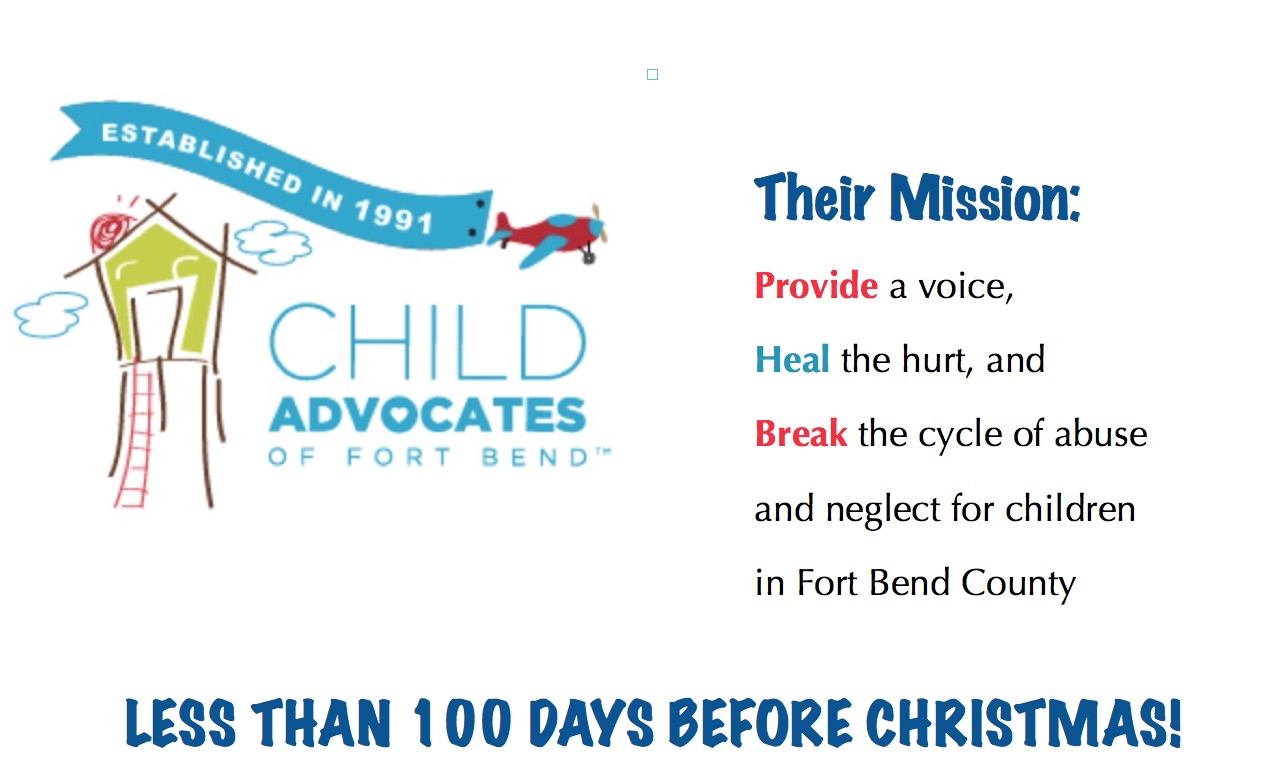A Beginner’s Guide to Real Estate Investing
Despite the grim economic outlook for some industries, one sector is gaining viability — real estate. According to the 2016 Emerging Trends in Real Estate, which was released by the Urban Land Institute earlier this year, trends such as “18-hour cities” and millennial parents increasing moving from urban areas out into the suburbs signal that real estate as an industry is gaining strength every passing day in 2016. One lending officer at a large financial institution even went to far as to say that “the next 24 months look doggone good for real estate.”
These trends means that real estate is a smart place to make an investment and grow your wealth. A housing shortage means that flipped homes tend to sell quickly and for high prices, and an increased demand across all age groups for rental properties means that finding tenants for your buy-and-hold properties should be a breeze.
Of course, these trends also mean that the real estate market is highly competitive right now. If you want to make a foray into real estate investing, you’ll need to educate yourself and be strategic in who you work with and where you look for investment opportunities. Read on for our beginner’s guide to real estate investing.
Assemble your real estate team before you buy
Building relationships with your team will empower you to make serious offers that will more likely get accepted by sellers. Among your team members, you will want to include:
- A mortgage broker or banker, who can help you get the financing for your deal
- A real estate attorney to protect you by reviewing and revising contracts
- An appraiser who can help you get a correct appraisal for your potential property
- An accountant who is well versed in real estate investments
- A good contractor, for repairs whether you’re rehabbing or buying rental property
How to find rehab or wholesale deals
You can buy properties to fix up and resell (flip) or you can buy and hold properties that you rent out for monthly cash flow.
The advantage of flipping properties is that you can end up with a good return on investment (ROI) in the short term. For example, you buy a property for $100,000, and invest $50,000 into repairs. Once it’s rehabbed, your property is valued at $200,000, and you sell it for a $50,000 profit.
This is an extremely simplified version of ROI. There are many other factors that you need to determine to see if the numbers work in your favor — that is, you’re not overpaying initially when you buy the properties or for the renovations or holding costs.
Flipping properties means that you will need to spend more time looking for fixer uppers that may be under market value. These may be more difficult to find in a hot market with rising property prices. Beyond the actual purchase price, you will also need to factor in fixed purchase costs for inspections, closing, and lender fees.
You’ll also need to factor in holding costs. Your budget should include funds for making repairs, whether you are doing them yourself or hiring contractors. While you’re upgrading the property, you’ll need to carry mortgage payments, property taxes, utilities, and insurance.
Because of rising property values, fix-and-flip deals in good neighborhoods can be hard to find. But once you know where to find rehab opportunities, you can easily repeat the process by reinvesting proceeds from a previous flip into the next property, which can be bigger, in a more desirable neighborhood, or finished out more luxuriously, and therefore sold for more cash!
Working with the right real estate professionals will help you learn which neighborhoods to consider and determine where you should focus your search. We can help you find the right fixer-uppers that may be under market value. Also, a Realtor will have access to many properties that may not be publicly available.
Finding buy-and-hold rental properties
A buy-and-hold rental property is one that your purchase with the intent of renting it out to tenants. If you find the right long-term buy-and-hold rental property, you can earn consistent cash flow each month, which can be a great source of supplemental income.
You’ll need to carefully review the operating expenses on the property and what tenants are willing to pay for the space to know if you’ll make or lose money each month. For example, say your total costs to buy a duplex was $20,000, including down payment and closing costs. You can rent each of the units for $600. Assuming your building is 100% occupied, you’ll make $1200 per month in income. Your expenses include mortgage payments, taxes, insurance, utilities, and management fees, and you want to set aside some cash each month for capital expenditures and routine repairs. You calculate that your expenses add up to $1100 per month. Once you subtract your expenses from your income, you’ll have a positive cash flow of $100 per month.
Of course, this is a very simplified example, and it doesn’t take into account that problems will inevitably arise. Emergency roof repairs, heating system breakdowns, broken windows that need replacing, and other unexpected expenses can eat away at your profits. One of your units may be vacant for a month or more — for example, vacancies are high in the summer months in buildings around universities — or you could have a tenant who fails to pay their monthly rent.
The more you can anticipate problems before they happen, however, the easier it will be for you to recover from setbacks! Moreover, rent isn’t the only way to make money on a buy-and-hold property. You can also add amenities, such as coin laundry and vending machines, to increase your potential monthly income. If your property has space to add a billboard, you can earn advertising revenue from renting that space, too. And when you decide to sell, your property’s value will likely have increased both from the overall rising property values and by the improvements you made to increase the cash flow.
Once you find and invest in your rental property, you’ll need to decide how you want it managed from month to month.
Getting the right property manager
Do you want to manage your own property or hire a manager? Property management can become a full-time job. As a property manager, you’ll have to deal not only with maintenance, repairs and tenant issues, but also with insurance, fair rental regulations, and building code compliance. So if you’re not an expert in these areas, managing your own properties may not be worth your time and effort.
Hiring a professional manager can save you headaches over the long term. While you’ll have to factor in management as a fixed expense, your property manager will likely know how to better take care of routine repairs, tenant issues, and keeping your property near 100% occupancy.
Your real estate professional can refer you to reputable property management companies to help you take care of your investment.
Where should I start investing in local real estate?
Work with a knowledgeable real estate professionalwho knows about the different neighborhoods. We can help you find properties that will fit into your budget and your overall goals. Whether you’re seeking a duplex or multifamily property so you can maximize your rental income or whether you want a condo or single-family home to improve for resale, we can guide you to the best property to suit your needs.
Contact your us to learn more about investment properties in our area.
















